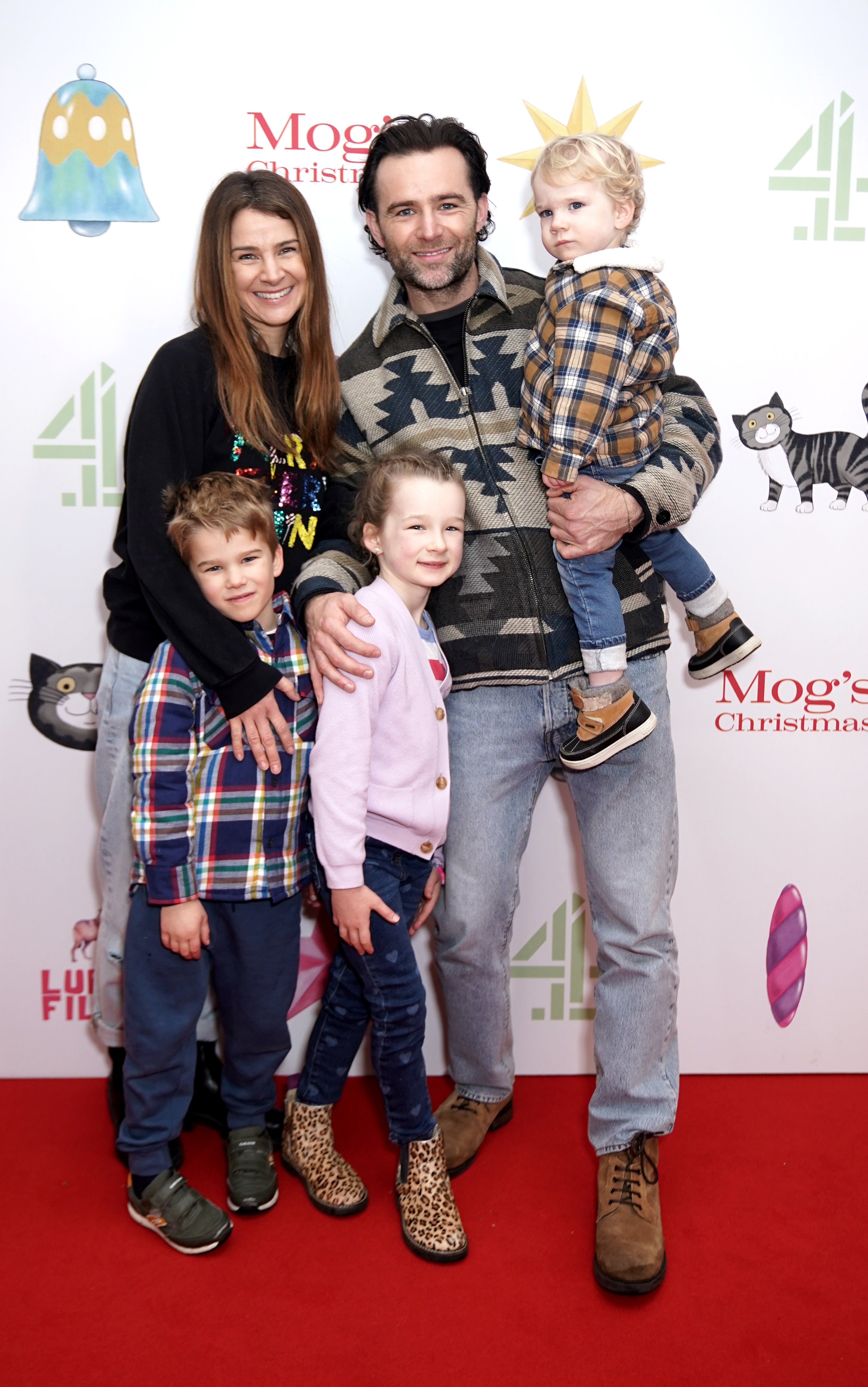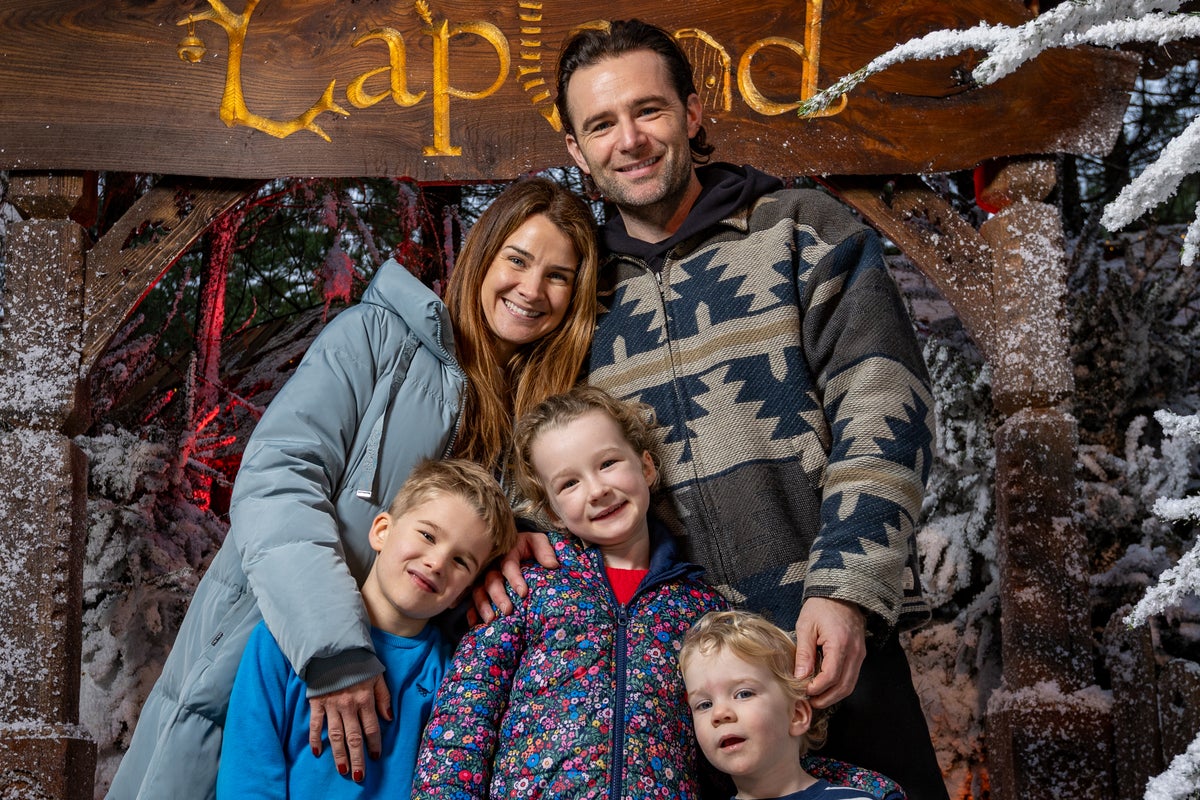Your support helps us to tell the story
From reproductive rights to climate change to Big Tech, The Independent is on the ground when the story is developing. Whether it’s investigating the financials of Elon Musk’s pro-Trump PAC or producing our latest documentary, ‘The A Word’, which shines a light on the American women fighting for reproductive rights, we know how important it is to parse out the facts from the messaging.
At such a critical moment in US history, we need reporters on the ground. Your donation allows us to keep sending journalists to speak to both sides of the story.
The Independent is trusted by Americans across the entire political spectrum. And unlike many other quality news outlets, we choose not to lock Americans out of our reporting and analysis with paywalls. We believe quality journalism should be available to everyone, paid for by those who can afford it.
Your support makes all the difference.Read more
McFly drummer Harry Judd’s wife Izzy Johnston has revealed that one of their three children has pathological demand avoidance (PDA).
PDA syndrome is a specific profile within the Autism spectrum, where children demonstrate a strong desire for independence and talk their way out of daily tasks due to feelings of anxiety, per the NHS.
Johnston, 41, who was part of the electric string quartet Escala, said she doesn’t even tell her child she’s left their clothes out for the day anymore because the instruction “is too anxiety provoking”.
“To the outsider looking in, they might see that as a sort of lazy parenting or a lack of discipline or whatever it is they want to say,” Johnston explained on Dr Alex George’s Stompcast.
Children with PDA may use a number of strategies to avoid demands made of them. These include delay tactics, distractions, shouting, falling on the ground, negotiation or escape, according to the NHS.
Typical behaviours include: resistance to everyday demands, being sociable but lacking depth of understanding, excessive mood swings, fantasy play, and obsessive behaviour focused on others.
“From the moment a child wakes up in the morning, they are being told to eat their breakfast, get dressed, brush your teeth,” Johnston said.

open image in gallery
Izzy and Harry Judd and their children Lola, Kit and Lockie (Izzy Judd/PA)
“And all these anxieties are forming in them – that people are putting pressure and demands on them. They don’t respond to authority or hierarchy. They want autonomy, they want to be in control.”
Johnston has previously shared that she no longer tells her neurodivergent child to put a coat on if the weather is cold but trusts them to have autonomy over how they’re dressed and other daily tasks.
The musician said that she initially felt “really heavily” judgement from others because her child doesn’t behave as other children do.
She explained: “You have to go through a kind of grief process that things aren’t going to be as you thought they would be.”

open image in gallery
Judd and Johnston have been married since 2012 (Getty Images)
Children and young people with PDA syndrome don’t generally respond to the traditional approaches recommended for autism, according to the NHS.
Instead, they respond better to more flexible, non-confrontational and personalised approaches. “The most important thing is to gain a strong understanding of the presentation of the individual,” guidance reads.
Johnston, who shares daughter Lola, eight, sons Kit, seven and Lockie, three with Judd, did not name which of their children had been diagnosed as neurodivergent.
Judd and Johnston met while the musician was performing on McFly’s 2005 Wonderland tour. They married seven years later and welcomed their first child in 2016.

